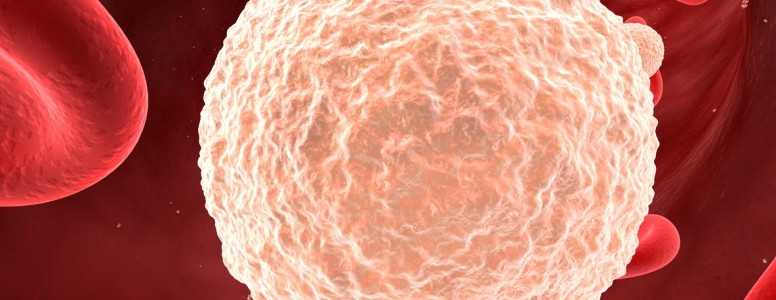People with diabetes who are observing Ramadan are being reminded how to best manage their condition during the fasting process.
The holy period, which began on Friday, 26 May, involves practising Muslims going without food for more than 17 hours a day. Ramadan draws to a close in the UK on Sunday, 25 June.
People are being reminded how important it is to monitor their blood sugar levels regularly to avoid periods of too high or too low blood sugar levels.
Unless you are underweight, or close to being underweight, it is best to avoid overeating at Suhoor and Iftar, the meals before and after fasting. Although it can be tempting, eating large quantities of food is likely to result in too high blood glucose levels at least initially and could lead to weight gain despite the fasting period in between. Speak to your doctor if you need help with managing your food intake through Ramadan.
Hypoglycemia can develop in people that are on insulin or classes of tablets known as sulphonylureas or glinides. Ask your doctor if you need to know whether your tablets can cause hypos (too low blood sugar levels).
Avoiding drinking for long periods of time can put people with diabetes at risk of dehydration. The risk is increased further if blood sugar levels are on the high side.
Although the Qur’an states fasting is necessary in a bid to promote chastity and humility for Allah, people who are unwell or pregnant are exempt from taking part. Should people with diabetes wish to pursue the fasting process it is highly recommended they speak to their diabetes healthcare team first.
Guidelines on diabetes and Ramadan were updated and reissued last year by the International Diabetes Federation (IDF).
As well as the newly updated advice, which was developed and written by the Diabetes and Ramadan (DAR) International Alliance, a nutrition and adjustment of medication plan were also included.
Blood sugar levels need to be monitored thoroughly during Ramadan and people need to be aware of the symptoms of high and low blood sugar levels.
What's new on the forum? ⭐️
Get our free newsletters
Stay up to date with the latest news, research and breakthroughs.







